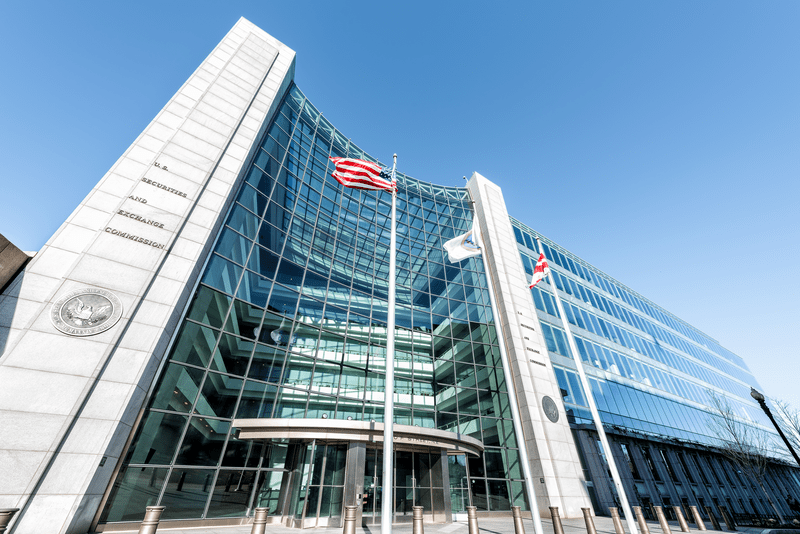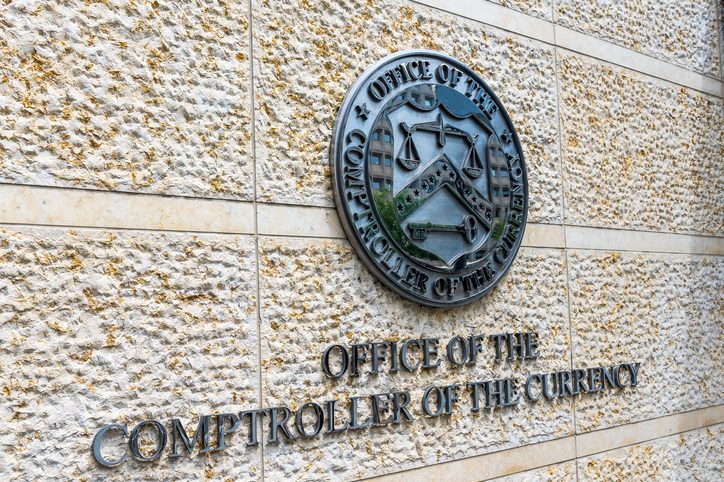ASIC’s enforcement priorities 2025 will reflect the increased risks that consumers are experiencing due to cost-of-living pressures, the Commission recently announced. That means focusing on business models that are avoiding consumer credit protections, and which are engaging in unlawful debt management and collection.
The regulator has also formed a new team to target insider trading to enhance its work.
“Turning to 2025, and recognising current cost of living pressures, we have selected our enforcement priorities for the coming year with a focus on protecting consumers from financial harm,” said Sarah Court, the regulator’s Deputy Chair.
2025 enforcement priorities
During 2025, the Commission’s enforcement priorities will focus on misconduct relating to:
- exploiting superannuation savings;
- unscrupulous property investment schemes;
- insurers failing to deal fairly and in good faith with customers;
- business models designed to avoid consumer credit protections;
- misconduct affecting small businesses and their creditors;
- debt management and collection;
- licensees failing to have proper cyber-security protections;
- greenwashing and misleading ESG claims;
- member services failures in the superannuation sector;
- auditing;
- used car finance sold to vulnerable consumers by finance providers; and
- strengthening investigation and prosecution of insider trading.
ASIC earlier set out to target misconduct in the superannuation sector during this year, especially misconduct relating to the erosion of superannuation balances. During 2025, the Commission will keep focusing on conduct that exploits superannuation savings, this time around ‘unscrupulous property investment schemes’.
Enduring priorities
ASIC’s enduring priorities will keep targeting misconduct relating to:
- what damages market integrity – including insider trading, continuous disclosure breaches and market manipulation;
- First Nations people;
- high risk of significant consumer harm, particularly conduct targeting financially vulnerable consumers;
- systemic compliance failures by large financial institutions;
- new or emerging conduct risks within the financial system; and
- governance and directors’ duties failures.
Increased investigations and proceedings
ASIC’s annual report recently showed that the Commission has stepped up some of its work by starting 25% more investigations in 2023–24 compared to the year before. Close to 170 new investigations were begun, civil proceedings also increased by 23%, and over A$90.8m ($60.3m) in court was ordered penalties.
The improvements come as the authority has been undergoing “the largest organisational redesign the agency has seen in 15 years.” This has included measures to achieve better collaboration, enhanced systems and strengthened capabilities.
“We have made significant progress with the program of transformation work we began three years ago,” Chair Joe Longo explained, emphasising the new regulatory triage process was just one example of the progress.
“[It] has enabled us to streamline our decision-making, improve the quality of those decisions and reduce time taken for matters to be progressed for enforcement and compliance action.”
“Turning to 2025, and recognising current cost of living pressures, we have selected our enforcement priorities for the coming year with a focus on protecting consumers from financial harm.”
Sarah Court, Deputy Chair, ASIC
He said that the Commission is in courts and boardrooms across the country almost every day of the week.
“We have more matters before criminal courts around the country than we do before civil courts, and it requires intensive efforts by ASIC investigators to continue each of those cases,” Court added.
“However, numbers only tell one part of the story. Numbers don’t capture the full impact of the enforcement actions filed including the resulting compliance and deterrence we achieve, particularly in relation to consumer and investor protections and changing industry behaviour.”
Some notable enforcement outcomes relates to greenwashing, crypto, predatory lending, high-cost credit and insider trading, and include several regulatory and enforcement firsts such as:
- Two greenwashing civil penalty actions, one against Vanguard, and one against Mercer Superannuation (Australia) Limited, which was ordered to pay a A$11.3m ($7.5m) penalty.
- The first stop order on a life insurance product – issued on Clearview Life Assurance Limited’s Clearview ClearChoice Income Protection Cover and Accidental Income Protection Cover for not meeting requirements of deficiencies in the target market determination; and
- The first infringement notice of A$1,050,000 ($692,994) issued to the market operator the ASX for failing to comply with Market Integrity Rules.
















